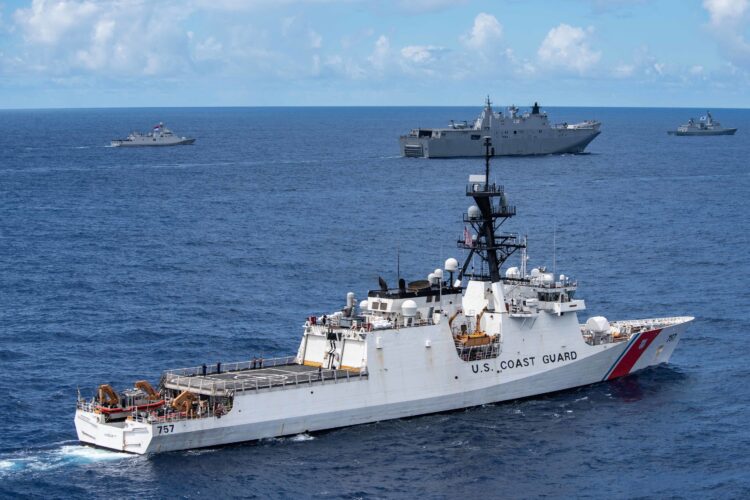By Aaron Miller-
The US Coastguard’s rejection of an offer of help from a UK firm which experts say may provide the “best hope” of finding the missing Titanic submarine, is arrogant , and risks coming at a high cost.
British company Magellan Limited, which is far more equipped than the the U.S First Coast Guard in delivering a successful rescue mission, has been unreasonably denied an opportunity to intervene out of pride and arrogance, The Eye Of Media believes.
The Uk company has offered a deep-sea submersible craft “ready to support” the rescue mission since early on Monday, with the ability to reach depths of 6,000 metres and prior experience of visiting the Titanic wreckage site.
Magellan said it had been contacted by OceanGate, the company that organised the Titanic tourist expedition, early on Monday and “immediately” offered its services, saying: “We are ready to support, and we are fully mobilised to help.
The frantic search for the vessel lost in the depths of the Atlantic Ocean is now in its third day and oxygen is expected to run out at around 10am on Thursday UK time.
The US First Coast Guard District said after “careful consideration” of the most effective resources available, the unified command – the US Coast Guard, US Navy, Canadian Coast Guard and OceanGate Expeditions – is “not planning on requesting Magellan” because of “how far out that vessel would be from the area needed”. It added the command would “probably not” reverse its decision.
Expected Collaboration
The US Coast Guard is expected to collaborate with various organizations, both public and private, to enhance its capabilities and effectiveness.
The only common sense justification for the rejection of such a last minute offer offer is if the proposed partnership did not align with the Coast Guard’s strategic objectives or values. , or if its reasons were factually attributed to concerns over operational compatibility.
Partnerships and collaborations are known to play a crucial role in addressing complex maritime challenges. By rejecting an offer, the Coast Guard might miss out on valuable opportunities for knowledge sharing, expertise exchange, and joint initiatives that could have improved coordination and response capabilities.
The Coast Guard relies on advanced technology, specialized equipment, and interoperability to effectively carry out its duties. If the offered resources or solutions did not align with the Coast Guard’s existing infrastructure or operational requirements, it might have been deemed incompatible and therefore rejected.
The rejection of an offer by the US Coast Guard can have implications for maritime safety and security.
The Coast Guard operates within resource constraints, and rejecting an offer could mean a missed opportunity to acquire additional resources that could have bolstered their capabilities. Depending on the nature of the offer, the rejection could limit the Coast Guard’s ability to respond effectively to maritime incidents, enforce regulations, or conduct search and rescue operations.
Experts say that if the Coast Guard does not have access to these advancements, it might lag behind in adopting cutting-edge technologies and miss out on potential advancements that could ultimately save the day and bring those in need if emergency rescue to safety.

